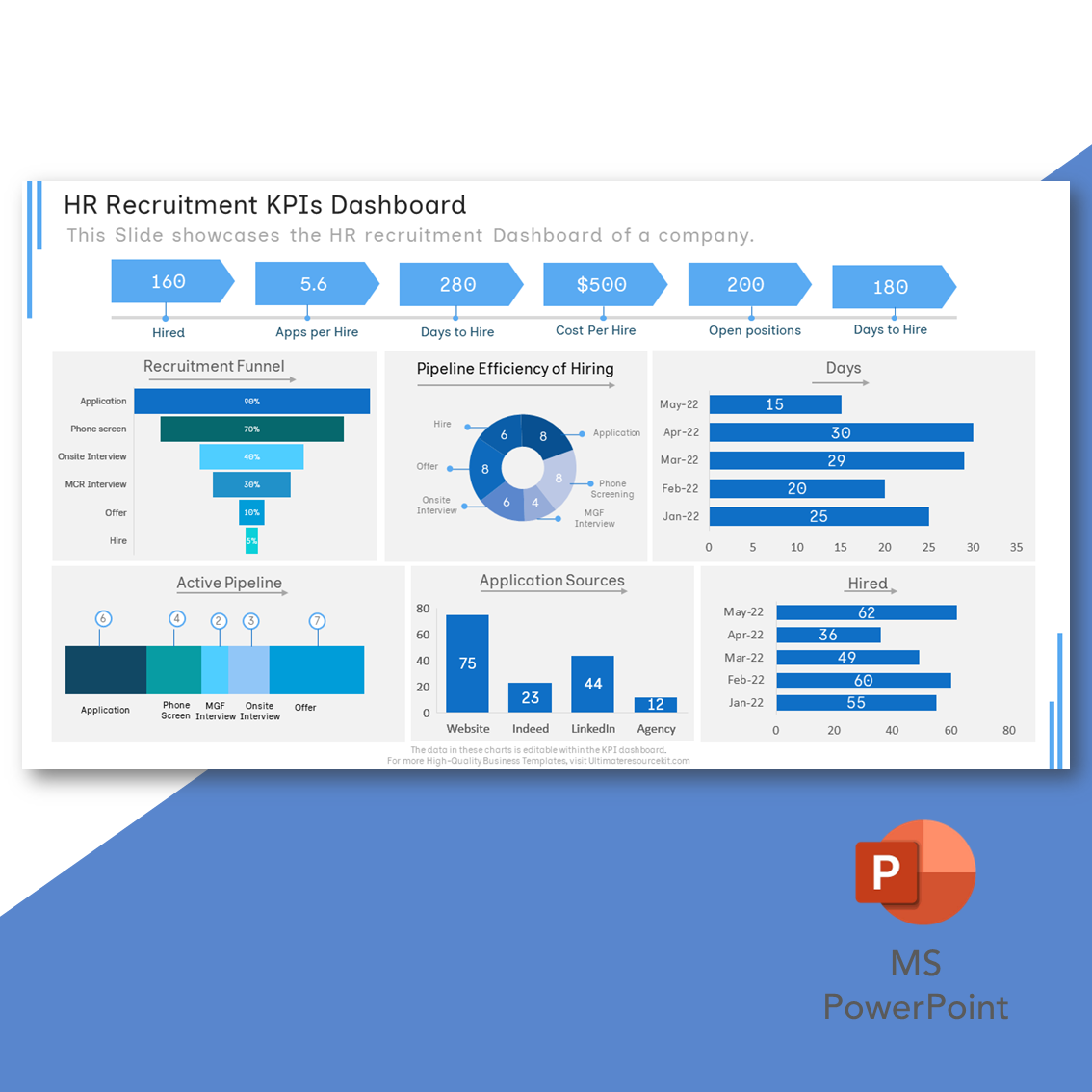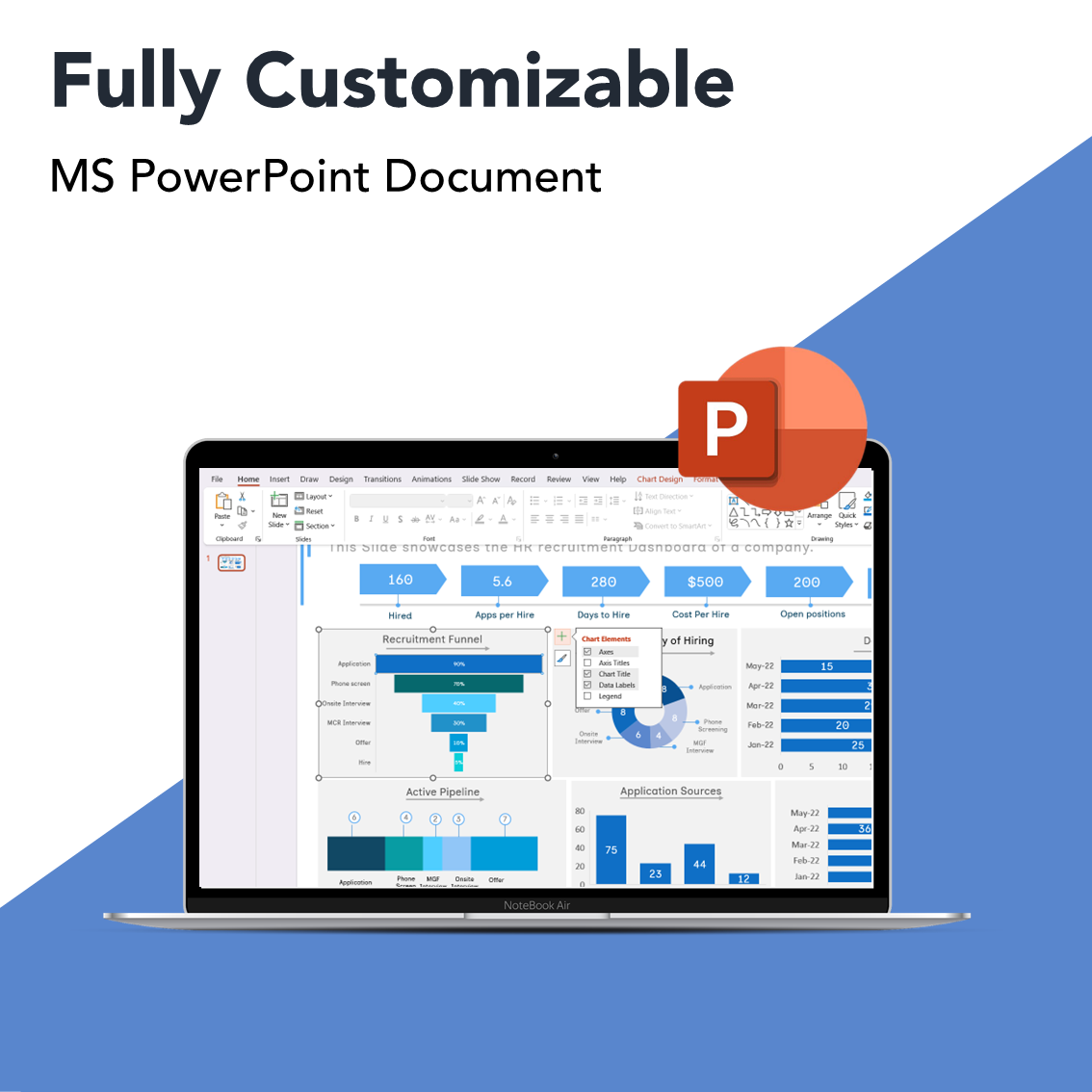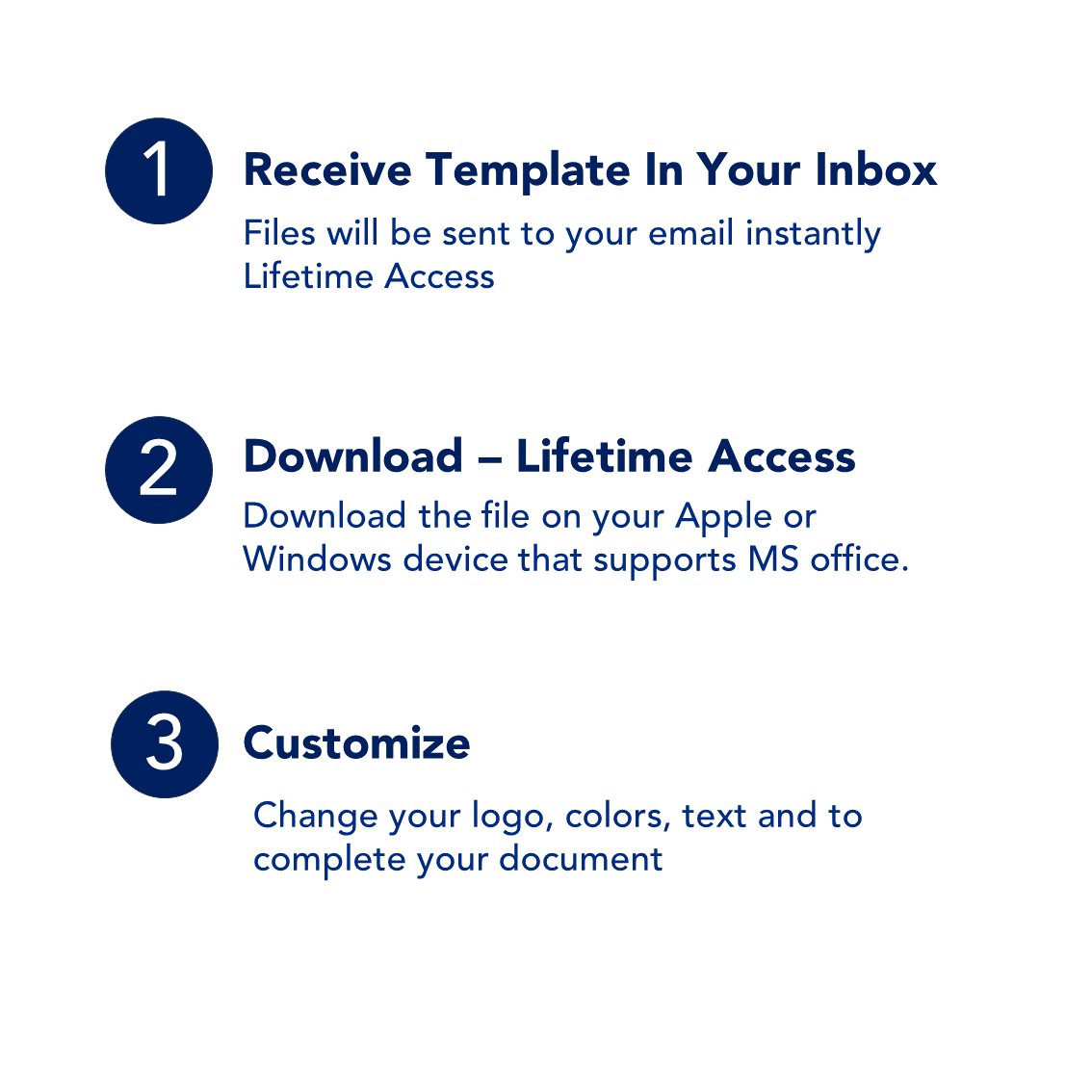








Looking forward to using this template
Thanks It is good! It has helped me to speed up the process.
HR Recruitment KPIs Dashboard: This slide presents an HR recruitment dashboard that offers a comprehensive view of vital Key Performance Indicators (KPIs) related to the company's hiring process. It serves as a valuable tool for HR professionals and talent acquisition teams, allowing them to make data-driven decisions to optimize their recruitment strategies.
Active Pipeline: The active pipeline metric provides real-time visibility into the number of candidates actively progressing through your recruitment process. It helps you understand the quantity and quality of candidates at different stages, enabling you to ensure a steady flow of potential hires and manage your recruitment workload effectively.
Offer to Hire Ratio: This KPI measures the effectiveness of your offer-to-hire conversion rate. It indicates how many offers extended to candidates result in successful hires. Monitoring this ratio allows you to fine-tune your offer process, ensuring that you're attracting and securing the right talent for your organization.
Days to Hire: Time is of the essence in recruitment, and the days-to-hire metric helps you track the average number of days it takes to fill a vacant position. A shorter time-to-hire indicates efficiency in your recruitment process, ensuring that you can quickly onboard new team members and minimize disruptions due to unfilled roles.
Cost Per Hire: Recruitment costs are a crucial aspect of talent acquisition. This KPI provides insights into the average cost incurred to hire a new employee. It includes expenses related to advertising, sourcing, assessments, and other recruitment activities. Monitoring cost per hire helps you manage your recruitment budget effectively.
Open Positions: This metric highlights the number of open positions within your organization. It provides a clear view of your current workforce needs, allowing you to prioritize and allocate resources to critical roles. Managing open positions effectively ensures that your organization maintains its operational efficiency.